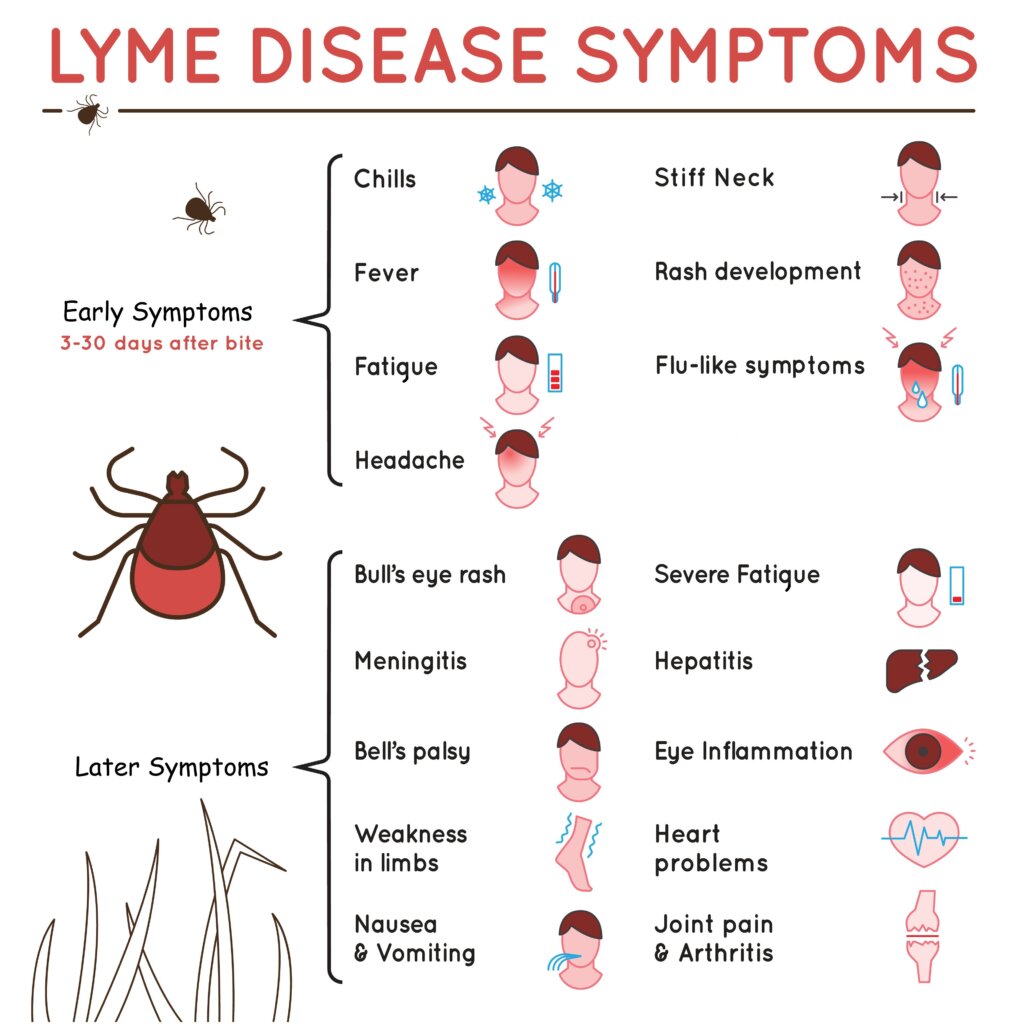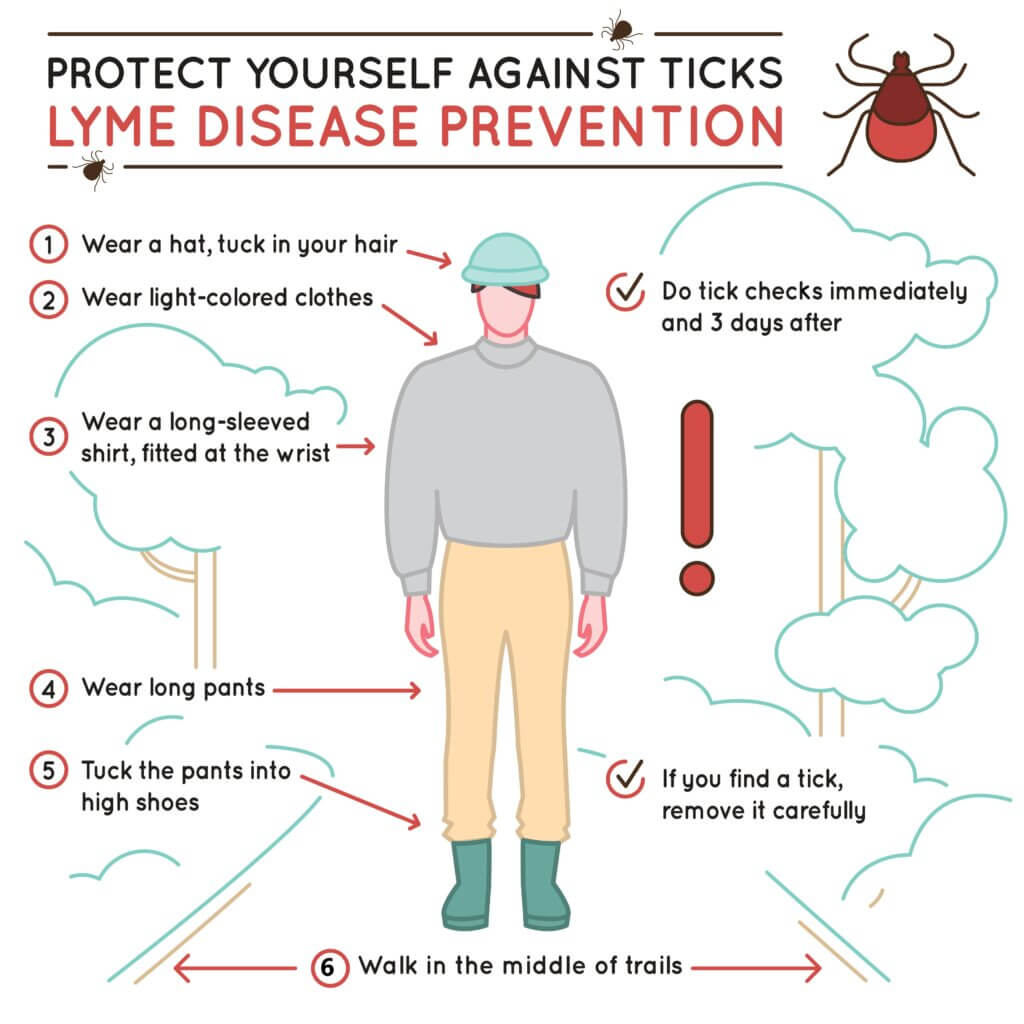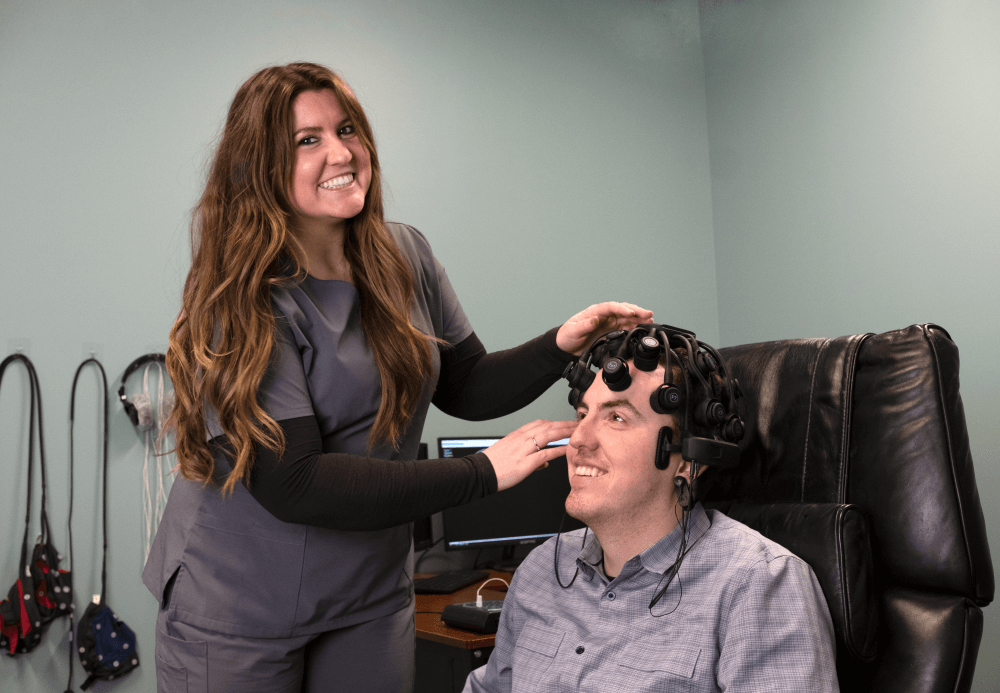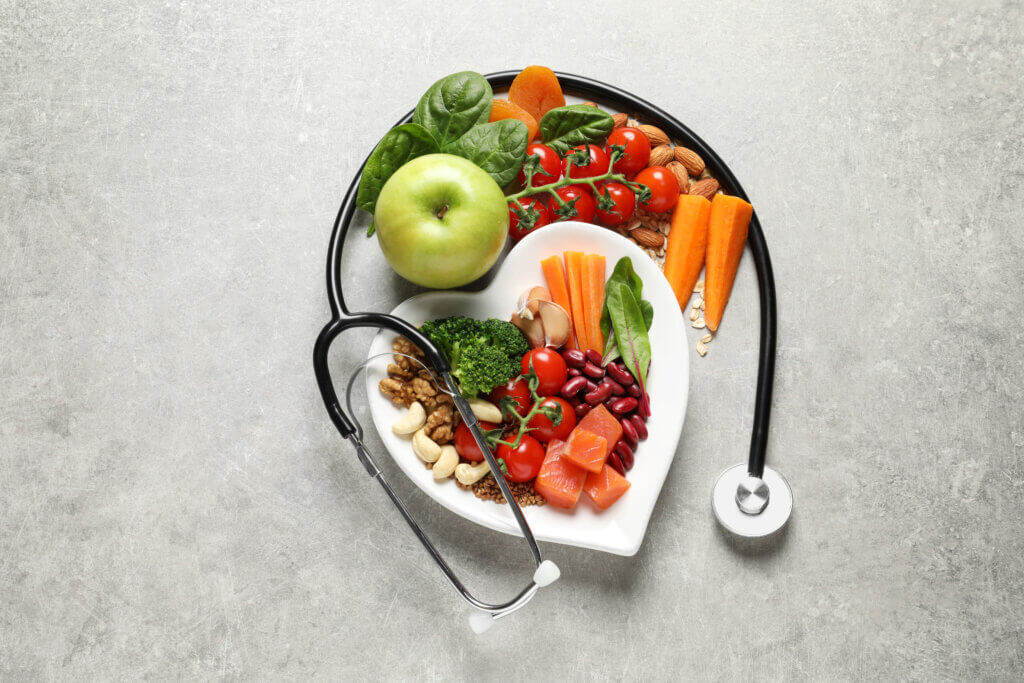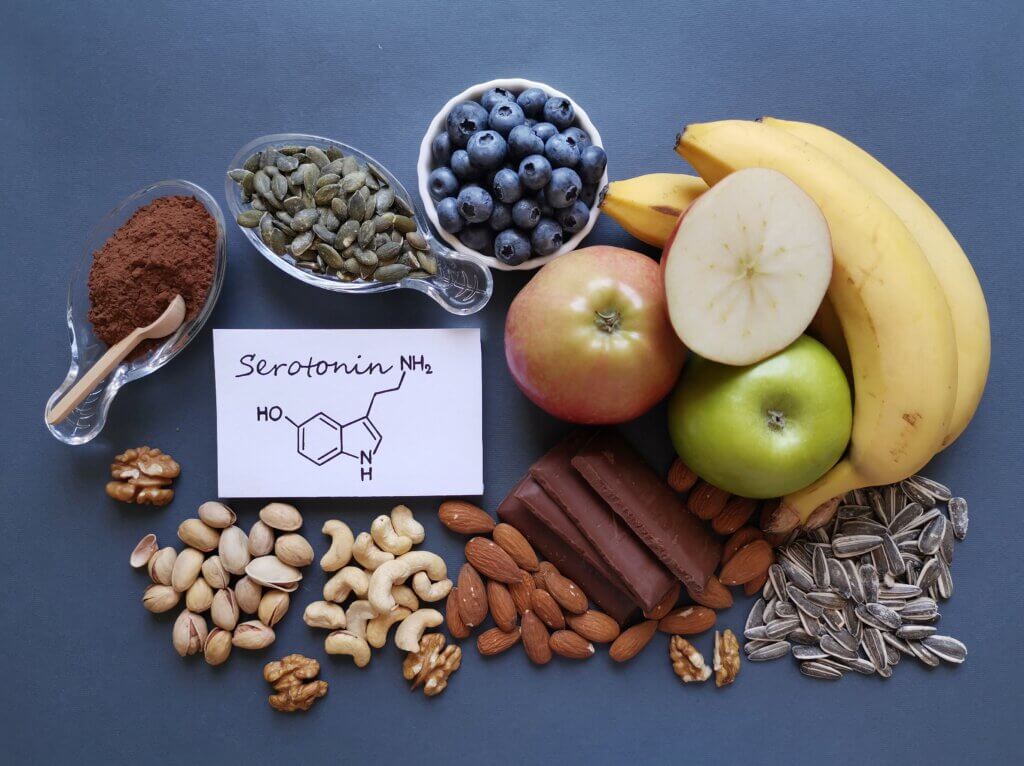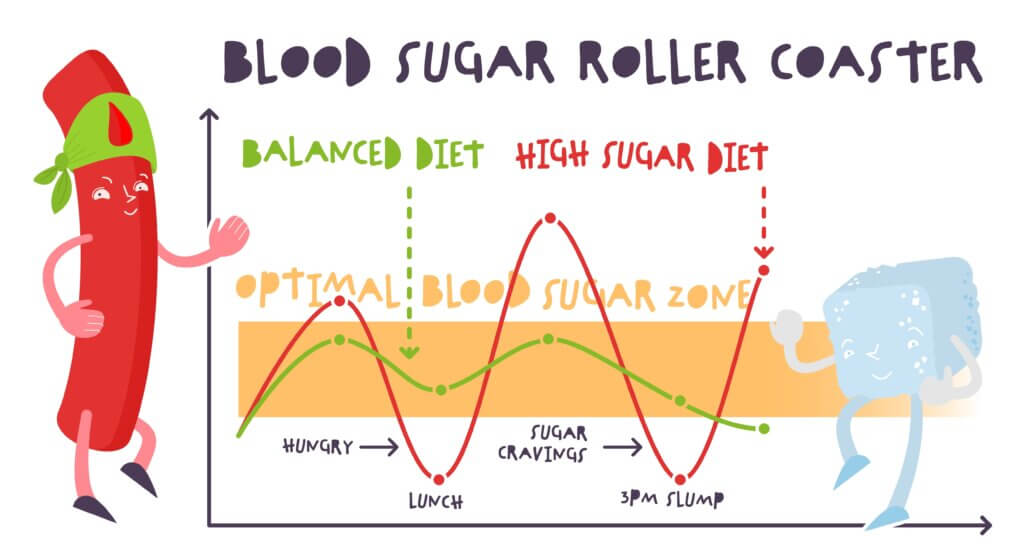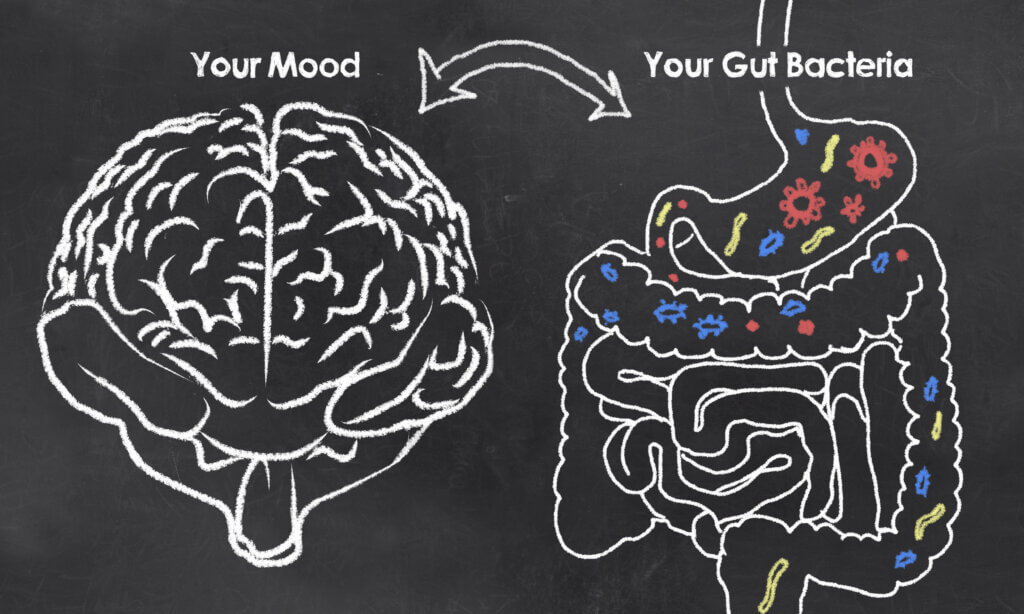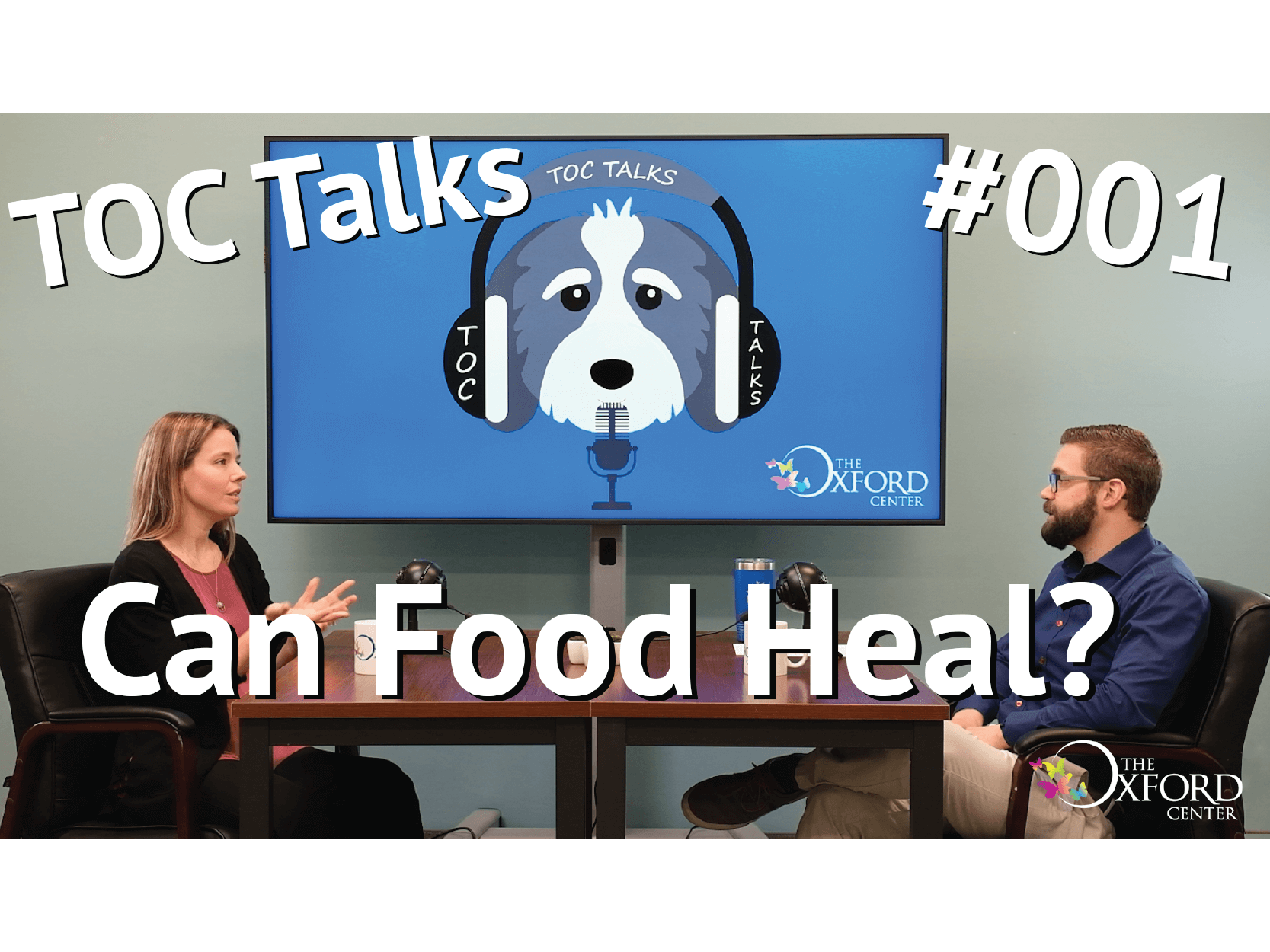Do You Have Any Food Sensitivities?
For most, food allergies are something very familiar. Many people don’t have any allergies at all, so they just assume they are safe to eat any foods they want. But what if you actually have food sensitivities? Some people, or even most people, may be eating foods every day that their body is sensitive to. These foods could unknowingly increase inflammatory responses that are causes a whole slew of side effects!
What is a Food Sensitivity?
Unlike a food allergy, a food sensitivity is not life-threatening and does not elicit an immediate, serious reaction. Food sensitivity reactions typically appear within 48-72 hours of eating the food(s) that caused the reaction. These are foods that your body is sensitive to and has trouble processing, which then triggers an inflammatory response and causes a variety of side effects that you may have been struggling with for years without knowing the true cause.
How to Tell If You Have a Food Sensitivity

Identifying a food sensitivity can be challenging due to the delayed onset of symptoms. However, there are signs that may indicate the presence of a food sensitivity. Here’s how to recognize if you have a food sensitivity:
- Digestive Distress: Frequent bloating, gas, constipation, diarrhea, or stomach cramps after consuming certain foods could be indicative of a food sensitivity.
- Skin Issues: Persistent skin problems like eczema, rashes, acne, or hives that don’t respond well to traditional treatments might be linked to food sensitivities.
- Chronic Fatigue: Feeling consistently tired or experiencing energy crashes after eating specific foods may point to an underlying food sensitivity.
- Headaches and Migraines: Frequent headaches or migraines after consuming certain foods could be a sign of food sensitivity.
- Joint Pain: Unexplained joint pain or stiffness may be linked to inflammatory responses triggered by food sensitivities.
- Mood Changes: Mood swings, irritability, anxiety, or even depression could be connected to certain foods that your body is sensitive to.
- Respiratory Issues: Persistent congestion, sinus problems, or difficulty breathing might be associated with food sensitivities.
- Weight Management Difficulties: Difficulty losing weight or unexplained weight fluctuations could be influenced by food sensitivities affecting metabolism and inflammation.
How to Overcome a Food Sensitivity

Overcoming a food sensitivity, or multiple food sensitivities, can be very complicated and nearly impossible without professional help. A professional nutritionist can help guide you through an MRT (Mediator Release Test) test. An MRT test is a comprehensive test that will identify any food sensitivities your body has… even if you have not eaten that food! Testing is always the most effective and efficient way to know exactly what is going on in your body. Until you are able to seek professional help, here are some steps you can take to get the process started:
- Food Diary: Maintain a food diary to track your meals, snacks, and symptoms. This can help identify patterns between certain foods and your body’s reactions.
- Focus on Whole Foods: Shift your diet to emphasize whole, unprocessed foods. This can help reduce exposure to potential triggers and support overall health.
- Rotate Foods: If you identify mild sensitivities, try rotating your diet to reduce constant exposure to specific foods.
- Read Labels: Be vigilant about reading food labels, as certain ingredients may be hidden sources of trigger foods.
- Mindful Eating: Pay attention to how you feel after meals. Mindful eating can help you notice subtle reactions and adjust your diet accordingly.
- Holistic Approaches: Consider incorporating stress-reducing techniques like yoga, meditation, and adequate sleep, as stress can exacerbate inflammatory responses.
- Gradual Reintroduction: If you’ve eliminated a food, consider reintroducing it in small quantities to observe your body’s response. Following reintroduction, this can help determine your tolerance level.
Nutrition Services at The Oxford Center
At The Oxford Center, our Functional Nutrition Therapy Practitioner (FNTP) and Restorative Wellness Practitioner (RWP) can help you discover all the possibilities nutrition and our program holds for improving your life and your health. We offer both individual and group classes tailored to what you need in your nutritional journey. Typically, our program will start with gut (GI) testing and food sensitivity testing. Following your tests, our nutritionist will sit down with you to discuss the results and cultivate a specific personalized plan that will work best for you and your body. Clients will find that it is empowering knowing that you can change and improve your health without needing help from anything else.



